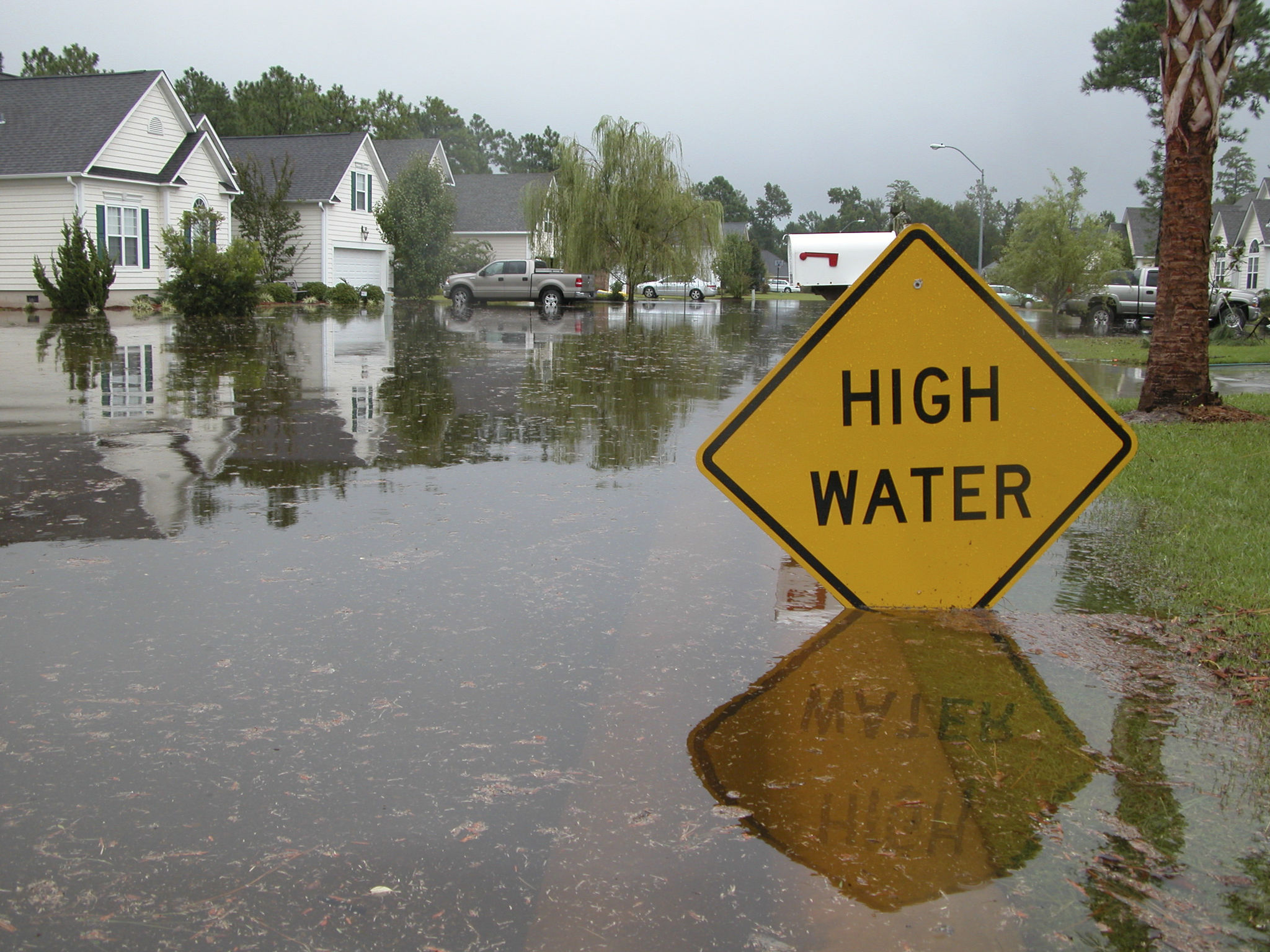Seasonal Considerations for Efficient Waste Management in Manila
Understanding Seasonal Waste Management Challenges
In Manila, the bustling capital of the Philippines, waste management is a critical aspect of maintaining urban cleanliness and public health. However, managing waste efficiently becomes even more challenging when seasons change. Each season presents unique challenges that require tailored waste management strategies.
During the rainy season, floods can exacerbate waste issues, as improperly disposed of waste can block drainage systems, leading to severe flooding. Conversely, the dry season can lead to increased waste generation due to festivals and events. Understanding these seasonal challenges is crucial for effective waste management planning.
The Impact of the Rainy Season
The rainy season in Manila typically spans from June to November. During this period, heavy rainfall can lead to flooding, and waste materials often end up in waterways. This not only pollutes the environment but also poses health risks to residents.
To combat these issues, it is essential to strengthen waste collection systems before the onset of the rainy season. This includes ensuring that garbage bins are not overflowing and conducting regular maintenance of drainage systems to prevent blockages. Community awareness campaigns can also play a vital role in educating residents about the importance of proper waste disposal during this time.

Managing Waste in the Dry Season
From December to May, Manila experiences its dry season. This period is marked by numerous festivals and events, leading to an increase in waste production. Proper planning is key to managing this seasonal surge in waste generation effectively.
Local authorities can introduce additional waste collection services during peak times and encourage event organizers to implement sustainable practices such as recycling and composting. Moreover, promoting the use of reusable items among residents and tourists can significantly reduce waste.

Implementing Sustainable Practices Year-Round
Sustainability should be at the core of any waste management strategy, regardless of the season. Implementing year-round practices ensures a continuous effort towards reducing waste and promoting environmental conservation.
Some effective strategies include:
- Encouraging the segregation of waste at the source to facilitate recycling efforts.
- Promoting composting of organic waste to reduce landfill burden.
- Supporting initiatives that focus on reducing plastic usage.
Community Involvement and Education
Community involvement is crucial for successful waste management in Manila. Educating residents about the impact of improper waste disposal and involving them in cleanup drives can foster a sense of responsibility and civic pride.
Schools and local organizations can play a pivotal role by incorporating environmental education into their programs. Workshops, seminars, and interactive sessions can raise awareness and inspire action among community members of all ages.

Government Initiatives and Policies
The government plays a significant role in shaping efficient waste management practices through policies and initiatives. By implementing strict regulations on waste disposal and encouraging public-private partnerships, authorities can enhance waste management systems across Manila.
Support for innovative technologies and methods for waste processing can also contribute significantly to addressing seasonal challenges. Incentives for businesses adopting eco-friendly practices could further bolster efforts toward a cleaner city.
The Role of Technology in Waste Management
Technology can revolutionize waste management in Manila by introducing smart solutions that address seasonal challenges efficiently. From GPS-enabled garbage trucks that optimize collection routes to apps that encourage recycling through rewards systems, technological advancements offer innovative ways to tackle waste issues.
Investing in technology not only improves efficiency but also provides valuable data that can inform future waste management policies and practices.

Conclusion: A Collaborative Effort
Tackling seasonal waste management challenges in Manila requires a collaborative effort involving local authorities, communities, businesses, and individuals. By understanding the unique challenges posed by each season and implementing effective strategies, Manila can move towards a more sustainable future.
Through education, innovation, and community engagement, it is possible to create a cleaner and healthier environment for all residents and visitors to enjoy.
